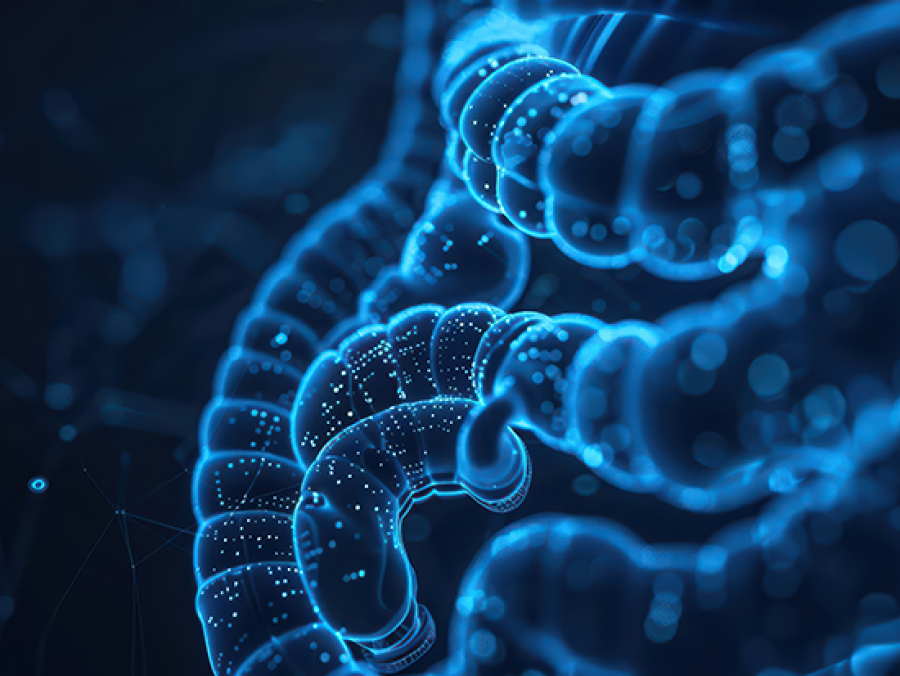|
|
 |
Dr. Morrow earned a B.A. in biology and B.S. in chemistry at the University of California (Irvine) and then his Ph.D. in immunology at UCLA in the Department of Microbiology and Immunology. His postdoctoral work in molecular viruology was also carried out at UCLA. He joined the faculty of the Department of Microbiology at UAB in 1985.
Dr. Morrow’s work on poliovirus replication led to the development of poliovirus as a vaccine vector delivery system. His laboratory has established the procedures for the insertion of foreign genes into poliovirus genomes. These recombinant genomes (termed replicons) are encapsidated by providing poliovirus capsids in trans. Dr. Morrow’s laboratory has developed methodologies for the large scale production of poliovirus replicons for use in vaccines and gene therapy. Studies using poliovirus replicons have shown that they can be delivered using several different routes (parenteral or mucosal) and can be used to prime the immune system to respond against a diverse array of antigens. His laboratory is currently investigating the use of polivirus replicons as a vaccine vector in HIV-1 and SIV infection, H. pylori infection, certain central nervous system diseases, and human tumors.
Selected Publications
- Moldoveanu, Z., Porter, D.C., Lu, A.L., McPhearson, S., and Morrow, C.D. Immune responses induced by administration of encapsidated poliovirus replicons which express HIV-1 gag and envelope proteins. Vaccine. 13:1013-1022, 1995.
- Porter, D.C, Wang, J., Moldoveanu, Z., McPherson, S., and Morrow, C.D. Immunization of mice with poliovirus replicons expressing the C-fragment of tetanus toxin protects against lethal challenge with tetanus toxin. Vaccine. 15:257-264, 1997.
- Novak, M.J., Smythies, L.E., McPherson, S.A., Smith, P.D., and Morrow, C.D. Poliovirus replicons encoding the B subunit of Helicobacter pylori urease elicit a Th1 associated immune response.Vaccine. 17:2384-2391, 1999.
- Johansen, L.K. and Morrow. C.D. The RNA encompassing the internal ribosome entry site in the poliovirus 5′ non-translated region facilitates the encapsidation of genomic RNA. Virology. 273:391-399, 2000.
- Bledsoe, A.W., Jackson, C.A., McPherson, S. and Morrow, C.D. Cytokine production in motor neurons by poliovirus replicon vector gene delivery. Nat. Biotechn. 18:964-969, 2000.
- Yu, Q. and Morrow, C.D. Essential regions of the tRNA primer required for HIV-1 infectivity. Nucleic Acids Res., 28:4783-4789, 2001.
- Ansardi, D.C., Porter, D.C., Jackson, C.A., Gillespie, G.Y., and Morrow, C.D. RNA replicons derived from poliovirus are directly oncolytic for human tumor cells of diverse origins. Cancer Res. 61:8470-8479, 2001.
- Novak, M.J., Moldoveanu, Z., Huang, W.-Q., Jackson, C.A., Palmer, M.T., McPherson, S.A., and Morrow, C.D. Intramuscular immunization with poliovirus replicons primes for a humoral and cellular immune response to soluble antigen. Viral Immunol.. 16:169-182, 2003.





